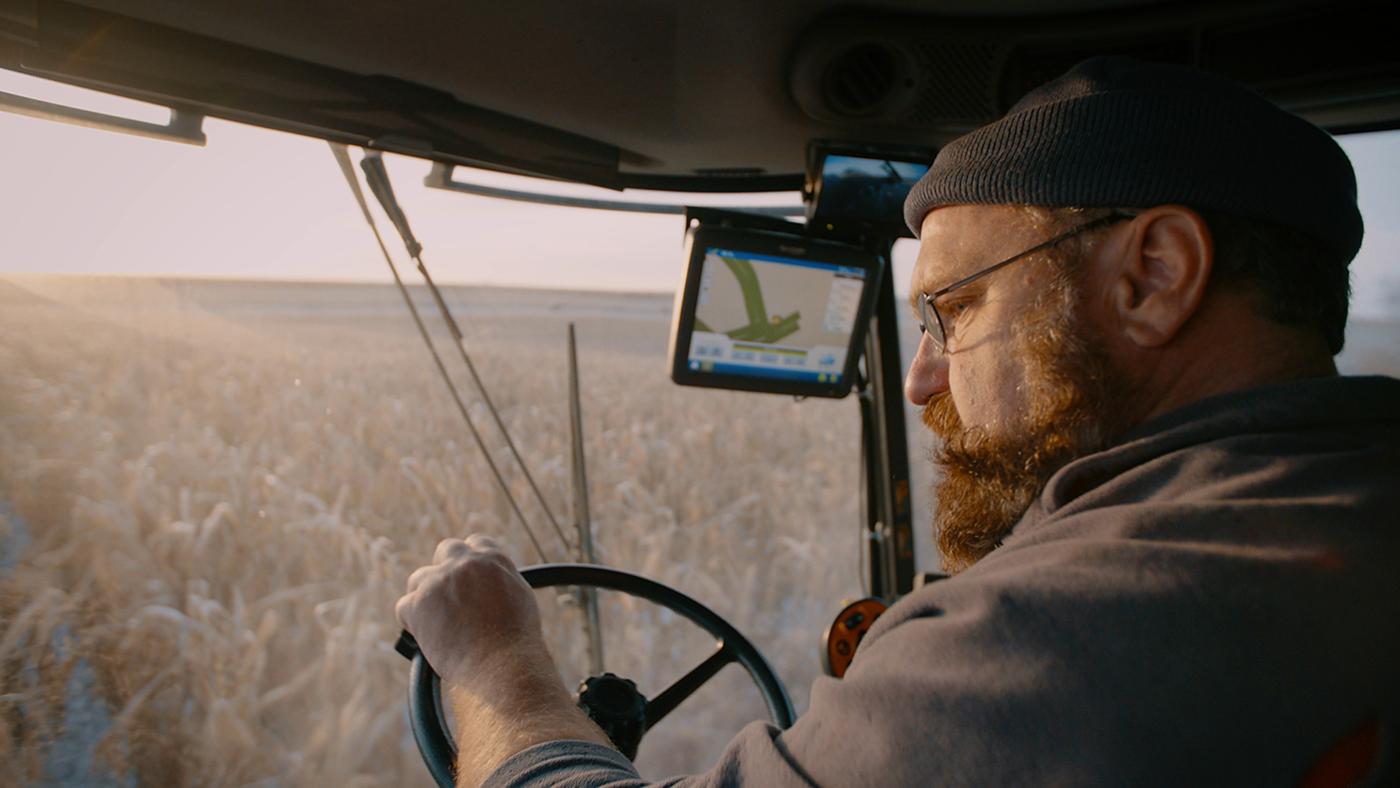Helping Children Cope with Traumatic Situations: Resources for Parents and Caregivers
WTTW Community Engagement
July 6, 2022

As tragic, unrelenting events continue to occur in our city, neighborhoods, suburbs, and around the country, it is important to be mindful of the impacts that can spread far and wide and stay with us over time. As these incidents happen, children often look for reassurance and answers to difficult questions. With open communication, parents and caregivers can help them express their emotions, overcome challenges, and learn. In simple, everyday ways, caregivers can give children important tools they will carry with them into the future.
Below you will find a selection of age and developmentally appropriate resources for parents and caregivers.
- How to talk to your children about scary news events. Encourage children to ask questions, and offer straightforward but age-appropriate information with this helpful guide for how to discuss emotionally challenging issues with children ages 2-8.
- When something difficult or unexpected happens, anyone can have trouble coping. Some favorite WTTW Kids characters are available to offer advice for children, resources for parents and caregivers, and other suggestions for ways families can prepare for these challenges and offer help when they happen.
- Teachers and others who care for young children can also utilize PBS Learning Media's Sesame Street Collection, Difficult Times & Tough Talks. This series of 10 short videos for young children is designed to help them grasp such concepts as community violence, trauma, homelessness, and more, in English and in Spanish.
- Mr. Rogers once advised young children in traumatic situations to “look for the helpers.” PBS Learning Media’s Meet the Helpers Collection explains the different kinds of “helpers,” what they do, and how children can be empowered to be “helpers” themselves.
- From Arthur, here are some Resilience Tips for Kids, and more tips for the adults who care for them.
In times of trauma and uncertainty, it is vital that kids are given information that is appropriate for their age and level of development and, with help from trusted caregivers, learn to manage their emotions and feel safe.







